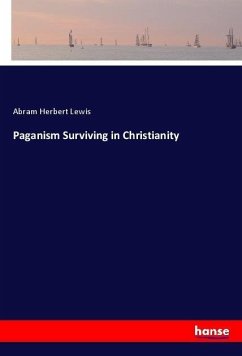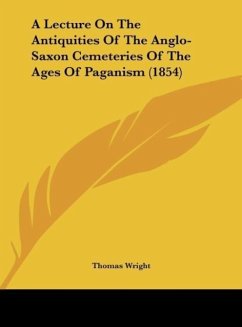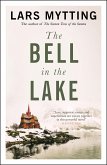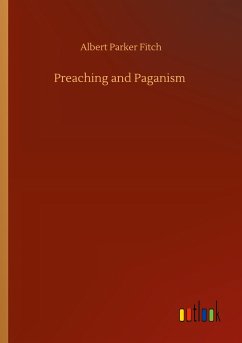It took three centuries after the death of Jesus for Christianity to become an organized religion, at the Council of Nicea in 325 AD. During this formative time it was difficult for Christianity to compete and survive with the many forms of paganism. In order to succeed and draw new converts into the fold, a number of pagan beliefs and ideas were incorporated into the Christian faith. Today we do not recognize these pagan features, but the author asserts that they are there and points them out in this well researched book. He reveals how this paganism was brought in. Many long standing pagan festivals were incorporated and given significance - for example, Christianity had abolished the Hebrew Sabbath of Saturday so made Sunday their day of worship, partly because it was the day of the resurrection, but largely because it was the weekly festival of the sun for its main competing rival, Mithraism. Also, December 25th was the birthday of the sun-god, Mithra, so this date was brought in and called "Christmas," with full knowledge that Jesus was not born on this day. These are facts. Many more are covered such as the influence of pagan gods, the trinity, miraculous occurrences, the composition of the New Testament, the resurrection, the doctrine of atonement, and much more. The author believes Christianity should be what its name infers - based on the teachings of Christ, and not derived from other sources. This book should be read by every interested Christian or student of the history of religions.
Hinweis: Dieser Artikel kann nur an eine deutsche Lieferadresse ausgeliefert werden.
Hinweis: Dieser Artikel kann nur an eine deutsche Lieferadresse ausgeliefert werden.








